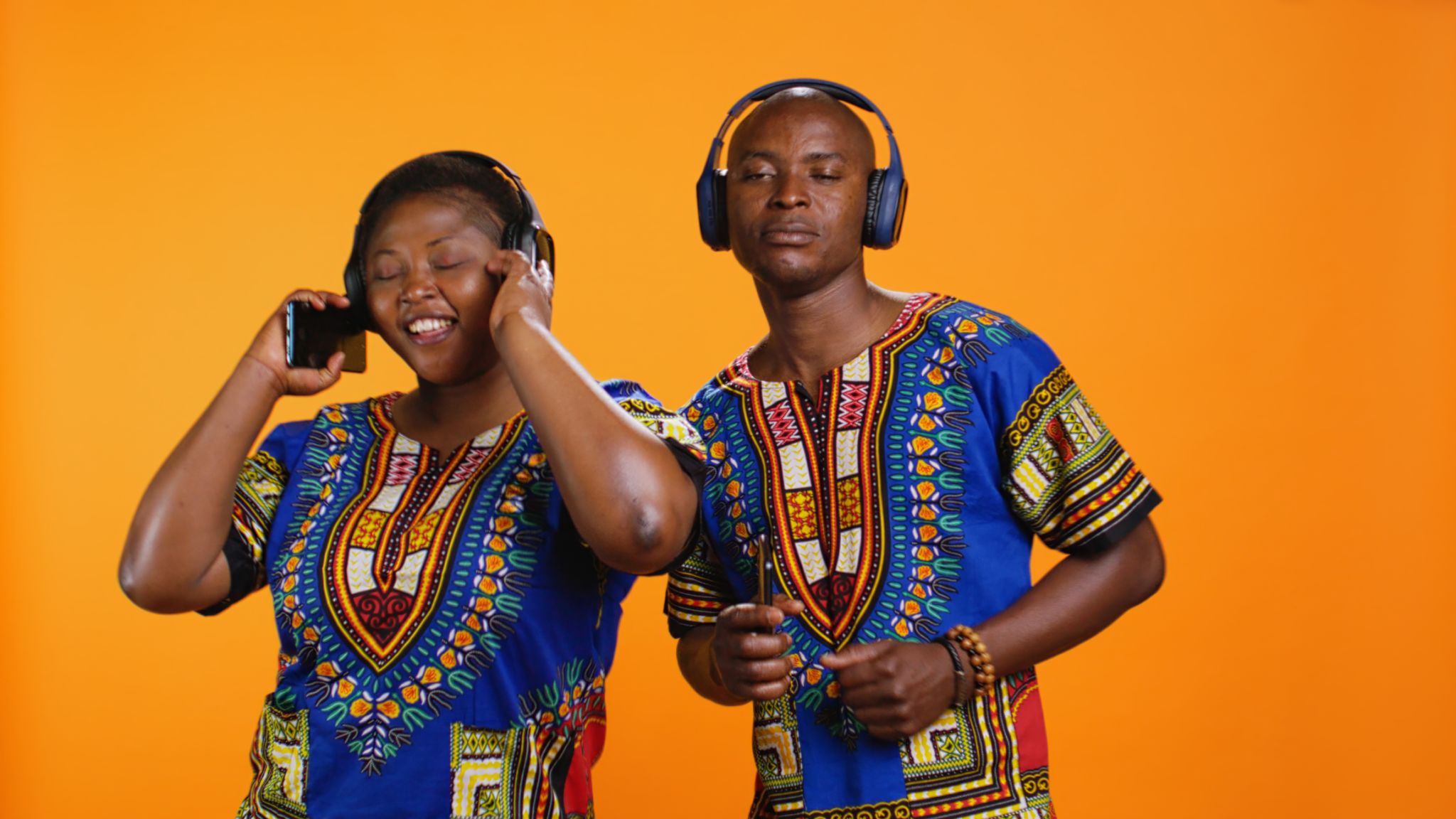Exploring the Unique Sounds of Afrohouse Music: A Deep Dive
The Rise of Afrohouse Music
Afrohouse music, a vibrant and rhythmic genre, has been captivating audiences worldwide with its unique blend of traditional African sounds and modern electronic beats. Emerging from the African continent, particularly South Africa, this genre has gained international recognition and has become a staple in clubs and festivals around the globe.
Characterized by its deep basslines and intricate percussion, Afrohouse offers a refreshing departure from mainstream electronic music. Its ability to incorporate diverse influences makes it a dynamic and ever-evolving genre. With artists continuously pushing boundaries, Afrohouse is more than just a music style; it's a cultural movement.

Understanding the Soundscape
One of the defining features of Afrohouse music is its rhythmic complexity. Traditional African instruments such as the djembe and balafon are often fused with electronic elements to create a sound that is both familiar and innovative. This fusion not only preserves cultural heritage but also introduces it to a global audience.
The genre's soundscape is further enriched by the use of polyphonic melodies and layered harmonies. These elements give Afrohouse its distinctive sound, making it instantly recognizable and deeply engaging. The music's hypnotic rhythm encourages listeners to lose themselves on the dance floor, creating an immersive experience.
Key Artists and Influences
Several artists have been instrumental in shaping the Afrohouse scene. Names like Black Coffee, Da Capo, and Culoe De Song are synonymous with the genre. These artists have not only popularized Afrohouse in Africa but have also taken it to international stages, collaborating with renowned musicians from different genres.

In addition to individual artists, Afrohouse draws inspiration from various musical traditions across Africa. Influences from genres such as Kwaito, Gqom, and traditional tribal music are evident in its sound. This blend of influences contributes to the genre's rich tapestry, making each track a unique journey through sound.
The Global Impact of Afrohouse
The global impact of Afrohouse cannot be overstated. As the genre continues to gain traction worldwide, it plays a significant role in the representation of African culture on the global stage. Festivals dedicated to Afrohouse are springing up in various countries, showcasing the genre's universal appeal.
Moreover, the rise of Afrohouse has opened doors for emerging African artists, allowing them to share their creativity with a broader audience. This cultural exchange not only promotes diversity in music but also fosters a deeper understanding and appreciation of African traditions and innovations.

The Future of Afrohouse Music
The future of Afrohouse looks incredibly promising. As technology evolves, so does the potential for new sounds and collaborations within the genre. Artists continue to experiment with different styles, ensuring that Afrohouse remains fresh and exciting.
Furthermore, the increasing accessibility of music production tools allows more aspiring musicians to contribute to the genre's evolution. This democratization of music creation signifies a bright future where Afrohouse will continue to thrive and inspire new generations of listeners and creators alike.
Conclusion
Afrohouse music is more than just a collection of beats and melodies; it is a testament to the power of cultural fusion and innovation. By exploring its unique sounds and understanding its roots, listeners can appreciate not only the music but also the stories and traditions it represents.
Whether you're a long-time fan or new to the genre, Afrohouse offers a rich auditory experience that is both invigorating and enlightening. As you dive deeper into this fascinating world, you'll discover that Afrohouse is not just music—it's a celebration of life, culture, and creativity.